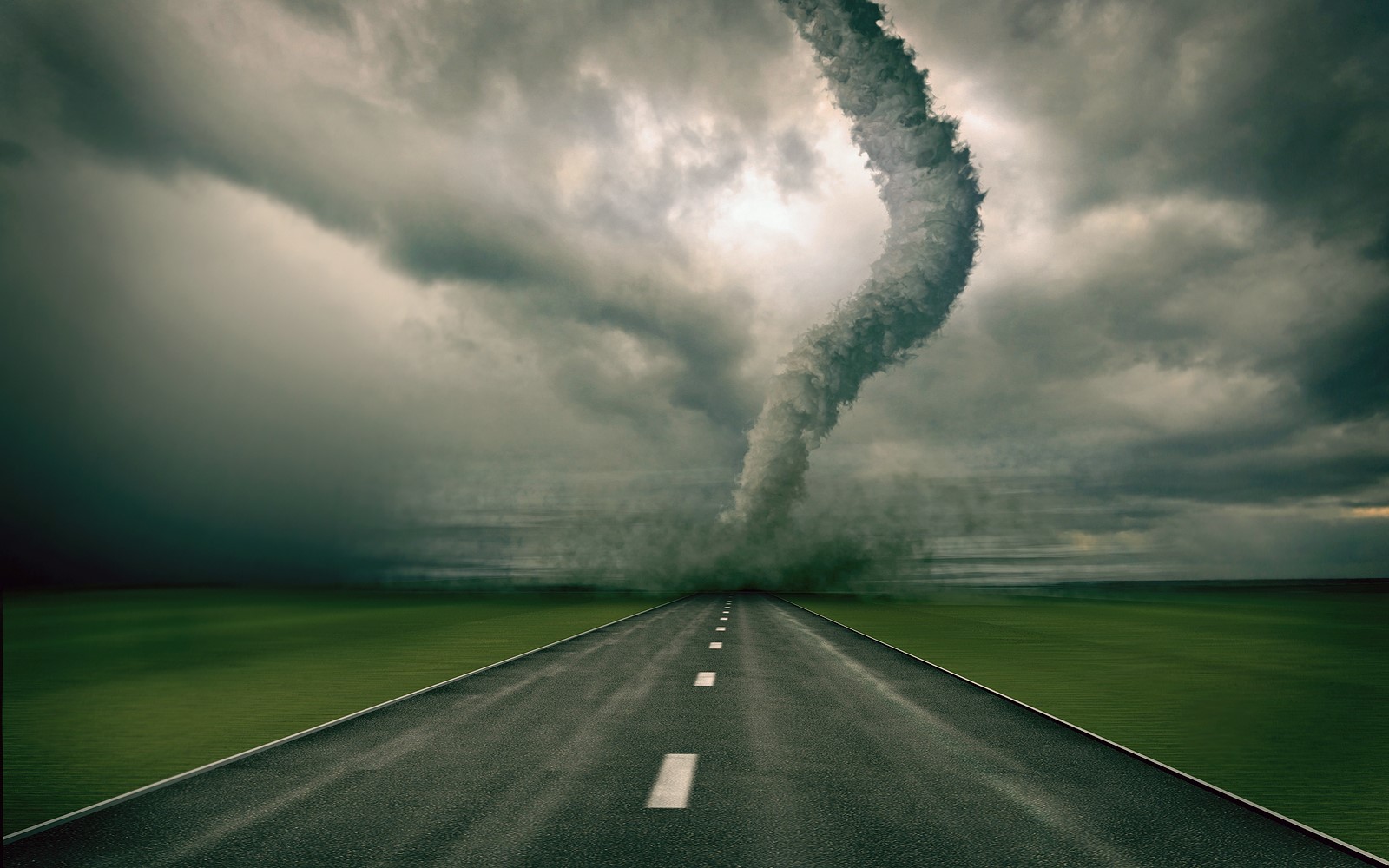
A caregiver’s guide to emergencies is a document that provides essential information to individuals responsible for the care of others during an emergency. This document can provide guidance and support to caregivers and ensure everyone is on the same page regarding what needs to be done to get everyone to safety.
Preparing for a Hurricane or Other Tropical Storm
Always plan to deal with hurricanes and storms by being prepared beforehand.
- Have easily accessible emergency phone numbers on your cell phone or smart device.
- Prepare a supply kit for emergencies.
- Find the closest shelter and the many routes you can use to travel there from your house.
- Find out how to locate shelters in your region in the case of a storm or any other natural disaster.
- Pet owners should list places where they can take their animals in an evacuation, such as pet-friendly hotels, friends or relatives who live elsewhere, or shelters. If you are asked to leave your house, local animal shelters might be able to advise you on what to do with your pets.
(CDC, 2019)
You could need supplies before, during, and after a hurricane to keep your family secure and healthy. Keep in mind that a hurricane may shut off your water and power.
- Have a bag or backpack prepared with emergency items you will need, such as prescription drugs and backup batteries, and phone chargers
- Important papers such as wills, passports, and personal IDs must be kept accessible.
(CDC, 2019)
Advice for New and Expecting Parents
Expecting moms should be prepared for disaster – if a weather event is on the horizon, you may want to speak to your doctor and hospital about what to do if you can’t get there when in labor, or have some other kind of medical emergency Create a family emergency action plan that outlines how you and your family will communicate and what you will do in various scenarios. (CDC, 2022)
If you have an infant, continue nursing your child if you are currently doing so. If you feed your infant formula, try to use ready-to-feed formula. Washing bottles or mixing formula with clean water might not be possible. Bring any prescription medications you or your infant need to continue taking or providing as recommended. (CDC, 2022)
Get to Safety
The steps involved in an emergency can be overwhelming, but it is essential to remember that caregivers are not alone. Many resources are available to help individuals responsible for the care of others during an emergency. The FEMA downloadable caregiver guide to emergencies is one of many valuable tools that caregivers can use to ensure they are prepared for anything. Download the guide HERE
Works Cited
“Preparing for a Hurricane or Other Tropical Storm.” Centers for Disease Control and Prevention, Centers for Disease Control and Prevention, 1 Oct. 2019, www.cdc.gov/disasters/hurricanes/before.html.
“Natural Disaster Safety for Expecting and New Parents.” Centers for Disease Control and Prevention, Centers for Disease Control and Prevention, 26 Aug. 2022, www.cdc.gov/reproductivehealth/features/disaster-planning-parents/index.html.
Basic Preparedness – FEMA. www.fema.gov/pdf/areyouready/basic_preparedness.pdf.





